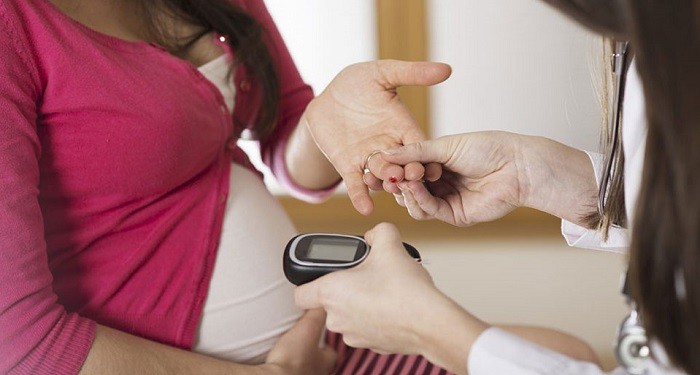Diabetes is a disease in which the body’s ability to produce or respond to the hormone insulin is impaired, resulting in abnormal metabolism of carbohydrates and elevated levels of glucose in the blood and urine. It can strike anyone, from any walk of life. And people having diabetes are dramatically increasing.
Seniors are at greater risk of diabetes because elderly people are exposed longer to sugar other than younger generations.If left untreated high blood sugar from diabetes can damage your nerves, eyes, kidneys, and other organs.
Below are a few different types of diabetes:
Type 1 diabetes is an autoimmune disease.
This occurs when your pancreas creates little to no insulin at all. The immune system attacks and destroys cells in the pancreas, where insulin is made. It’s unclear what causes this attack. People with type I diabetes are insulin-dependent, they must take artificial insulin daily to stay alive.
Signs of type 1 diabetes include:
- Frequent urination
- Increased thirst
- Increased hunger
- Blurry vision
- Fatigue
- Weight loss (not due to a change in diet or exercise)
Type 2 Diabetes is commonly associated with lifestyle behaviour.
These include consumption of unhealthy foods & inactive lifestyles w/ sedentary behaviour.
Symptoms of type 2 diabetes include:
- Frequent urination
- Increased thirst
- Increased hunger
- Blurry vision
- Fatigue
- Weight loss (not due to a change in diet or exercise)
- Slow healing of cuts and wounds
Gestational diabetes develops during pregnancy (gestation) and usually disappears after giving birth. Gestational diabetes causes high blood sugar that can affect your pregnancy and your baby’s health. Women with gestational diabetes usually have no symptoms. Most of them learn they have it during routine pregnancy screening tests.

Diabetes Complications:
High blood sugar damages organs and tissues throughout your body. Diabetes increasingly becomes a disease of elderly people and some of its underappreciated complications must be addressed. Complication of diabetes include:
- heart disease, heart attack, and stroke
- neuropathy
- nephropathy
- retinopathy and vision loss
- hearing loss
- foot damage such as infections and sores that don’t heal
- skin conditions such as bacterial and fungal infections
- depression
- dementia
Treatment
Treatment for elderly diabetic patients should include an evaluation of their functional status, social and financial support, and their own desires for treatment. Options for treatment include diet and exercise. Healthy eating is a central part of managing diabetes.
In some cases, changing your diet may be enough to control the disease.If lifestyle changes aren’t enough to lower your blood sugar, then you’ll need to take medication. These drugs lower your blood sugar in a variety of ways. Here is the recommended wearable blood sugar monitor.
The drug or combination of drugs that your doctor prescribes will depend on the type of diabetes you have and its cause. Diabetes is often a life-long condition and requires careful treatment.
Living with diabetes,can be tough at times, and a bit more challenging but with proper diet, exercise, medication and support from your friends and family, complications of it can be managed and further complications can be controlled.
Article written By Anne Krovniak (https://www.halohealthcare.com/)








